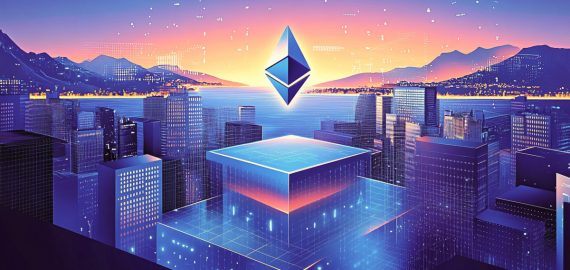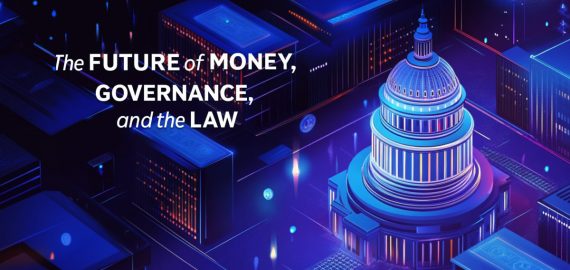Inflation


What is Inflation?
Inflation is defined as an increase in the overall price of goods and services in an economy. When the general price level rises, each unit of currency purchases fewer products and services; hence, inflation equates to a loss of money’s purchasing power. Deflation, or a sustained reduction in the general price level of goods and services, is the inverse of inflation. The inflation rate, which is the annualized percentage change in a general price index, is the most commonly used metric of inflation.
Understanding Inflation
Prices for goods and services can always alter in a market economy. Some prices climb, while others fall. Inflation happens when there is a broad increase in the pricing of products and services as a whole, rather than just individual items; it means that you can purchase less for €1 today than you could yesterday. In other words, inflation depreciates a currency over time.
Certain pricing changes are more significant than others.
When determining the average price rise, the prices of things we buy more of, such as electricity, are given more weight than the prices of products we buy less of, such as sugar or postal stamps.
In order to calculate inflation, all products and services consumed by households are included, including:
ordinary things (such as food, newspapers and petrol)
long-lasting goods (such as clothing, PCs and washing machines)
services (such as hairdressing, insurance and rented housing)
Read related articles:
« Back to Glossary IndexDisclaimer
In line with the Trust Project guidelines, please note that the information provided on this page is not intended to be and should not be interpreted as legal, tax, investment, financial, or any other form of advice. It is important to only invest what you can afford to lose and to seek independent financial advice if you have any doubts. For further information, we suggest referring to the terms and conditions as well as the help and support pages provided by the issuer or advertiser. MetaversePost is committed to accurate, unbiased reporting, but market conditions are subject to change without notice.
About The Author
Damir is the team leader, product manager, and editor at Metaverse Post, covering topics such as AI/ML, AGI, LLMs, Metaverse, and Web3-related fields. His articles attract a massive audience of over a million users every month. He appears to be an expert with 10 years of experience in SEO and digital marketing. Damir has been mentioned in Mashable, Wired, Cointelegraph, The New Yorker, Inside.com, Entrepreneur, BeInCrypto, and other publications. He travels between the UAE, Turkey, Russia, and the CIS as a digital nomad. Damir earned a bachelor's degree in physics, which he believes has given him the critical thinking skills needed to be successful in the ever-changing landscape of the internet.
More articles

Damir is the team leader, product manager, and editor at Metaverse Post, covering topics such as AI/ML, AGI, LLMs, Metaverse, and Web3-related fields. His articles attract a massive audience of over a million users every month. He appears to be an expert with 10 years of experience in SEO and digital marketing. Damir has been mentioned in Mashable, Wired, Cointelegraph, The New Yorker, Inside.com, Entrepreneur, BeInCrypto, and other publications. He travels between the UAE, Turkey, Russia, and the CIS as a digital nomad. Damir earned a bachelor's degree in physics, which he believes has given him the critical thinking skills needed to be successful in the ever-changing landscape of the internet.


















































